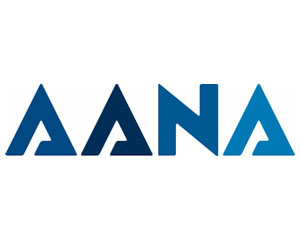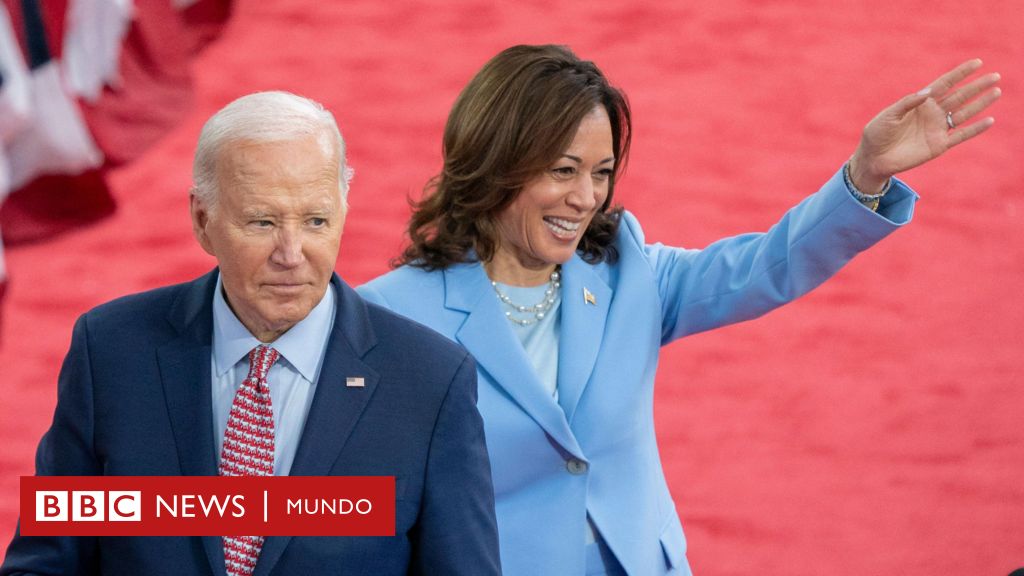AANA Reports A Decrease in Betting Ad Complaints During 2020

Recent data compiled by Australia’s Association of National Advertisers (AANA) has revealed that complaints regarding gambling ads have decreased dramatically in 2020.
PROBLEMS
According to the AANA, a mere 0.45% of the ad complaints they received in 2020 were aimed at the organization’s wagering code of conduct.
The wagering code of conduct was developed precisely to regulate how gambling products and services from licensed operators are offered to Australians.
The code was taken up by all members of the organization Responsible Wagering Australia (RWA). The RWA is the independent body that seeks to ensure that Australia’s licensed wagering providers conduct their business in a socially responsible fashion.
RWA’s members include such industry luminaries as Betfair, Sportsbet, bet365, Unibet, and Entain. RWA members cover bets made on diverse events such as greyhound and horse racing, as well as sporting events—both mainstream and niche.
Most notably, the RWA and its members agreed in August 2021 to support the ban of credit card gambling. According to anti-gambling advocates, problem gamblers with credit cards are likely to cause more harm to themselves in comparison to gamblers who were unable to use credit cards to fund their gambling accounts.
Chief executive of the RWA, Brent Jackson said the organization and its members have concluded that credit cards present an added risk to Australia’s problem gambler population. Jackson affirmed that it is the RWA’s position that removing the option of using credit cards to gamble can help mitigate the spread of problematic gambling behaviors in the country.
ACMA’s Ban Working
Industry experts and observers believe that the sudden decline in gambling ad complaints can be traced to the widespread restrictions placed by the Australian Communications and Media Authority (ACMA). The ACMA recently instituted a far-reaching ban on all gambling ads during live sports events, which was believed to be a key culprit in young children and juveniles being exposed to such ads.
According to ACMA chair Nerida O’Loughlin, these rules are enforced in order to minimize the exposure of online casino promotions. After all, parents are worried about their kids watching the gambling ads, in particular those related to family activities like sport.
Gambling has long been a contentious issue in Australia. While the country boasts of a healthy betting population—Australia is generally regarded as one of the biggest gambling markets in the world— several sectors have not been shy about voicing their disapproval of the industry’s rise in the past decade.
One important sector is children and young people, who have been a particular focus for anti-gambling advocates. In this regard, Australia has been lauded for its effort to implement strong measures that would protect minors from being exposed to betting ads during live sports events.
According to anti-gambling advocates, gambling companies have long skirted rules regarding advertising without breaking the law as it is written. Placing gambling ads in live sports events, for instance, was a legal way of advertising to young children and juveniles without specifically targeting them.
Under the ACMA’s watch, all forms of advertising from wagering providers will be monitored in a bid to ensure that they do not prey on or target minors.
While the ACMA’s move was celebrated by opponents of such ads, there has been some backlash as well. Critics say that such a move inflicts economic harm on those operators who abide by Australia’s stringent regulatory framework. They feel that such moves could give bigger operators with greater leverage the opportunity to expand their reach, while small operators are forced to close shop.
The ACMA has continued to reiterate that the primary goal of the policy is not to punish certain wagering providers but to protect minors by curbing their exposure to these ads.
ACMA Pleased with Effects of Ban
The ACMA’s latest report confirmed that the watchdog will continue to keep a close eye on gambling ads. According to the ACMA’s report, they will continue to enact the live sports ban on gambling ads within five minutes of sports broadcasts between the hours of 5:00 AM and 8:30 PM—noting that the policy has been successful in curbing the exposure of minors to gambling ads.
The ACMA has made it clear that it is pleased with how the ban is working out. They noted that Australian broadcasters have generally supported it, resulting in a sharp decline in the volume of gambling ads shown during their broadcasts.
However, not all Australian broadcasters have fallen in line with the ACMA’s new directives. In September 2021, the TV company Foxtel was found to have breached these rules after running a gambling ad during a broadcast of an Australian Football League (AFL) game.
Foxtel was tagged for its broadcast of the game between Hawthorn and Greelong, which ran at 4:30 PM. After fielding a complaint from a concerned citizen, the ACMA investigated Foxtel, who attributed the gambling ad shown during their broadcast to human error.
Due to this, Foxtel has added a refresher course to all its staff about gambling ad regulations, as well as instituting further controls that ensure no other slip-ups occur in the future.




